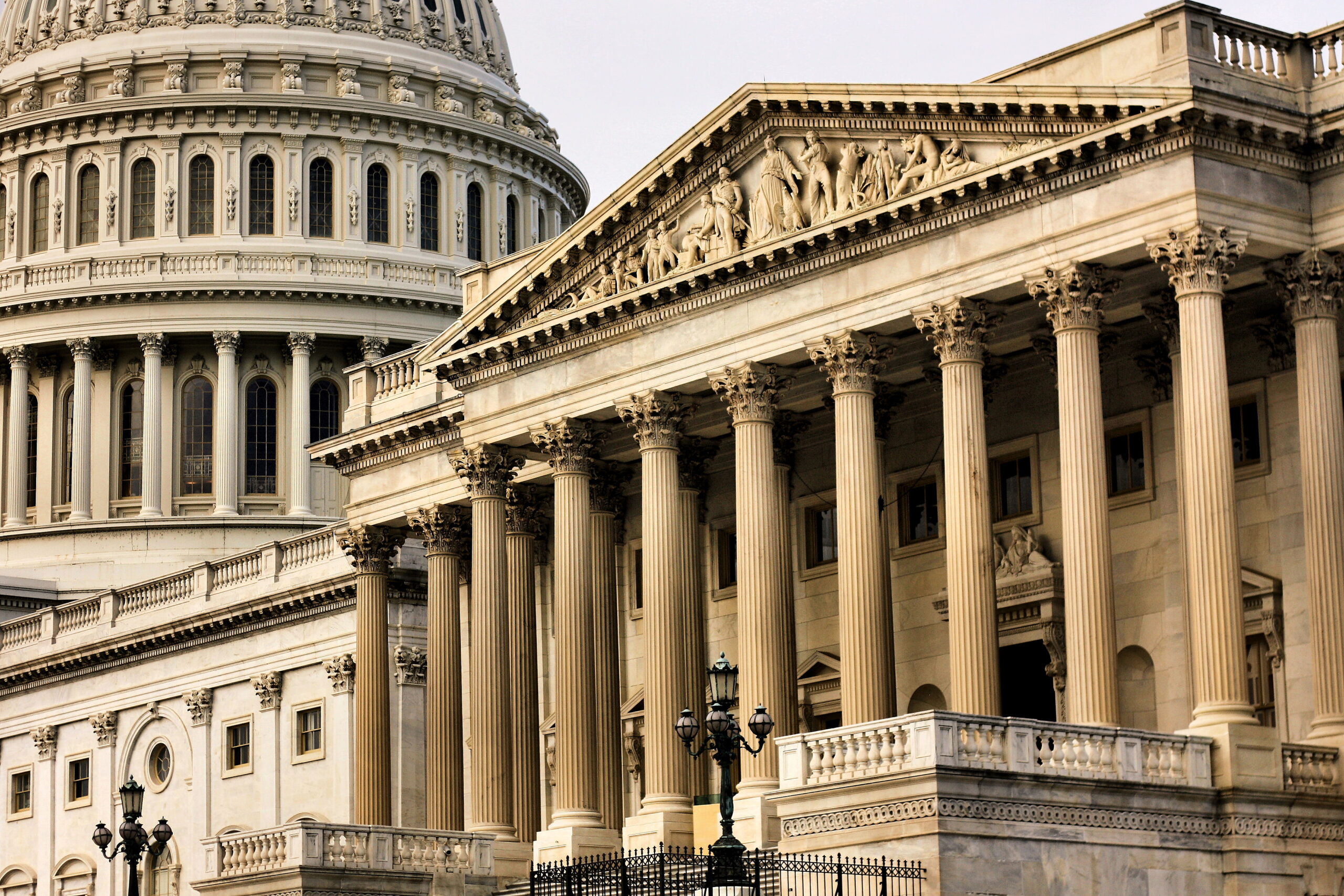The United States Senate has passed two bills that could have major impacts on how large tech platforms, including games, treat minors under 16.
The two bills — the Kids Online Safety Act (KOSA) and the Children and Teens’ Online Privacy Protection Act, referred to as COPPA 2.0. — passed in the U.S. Senate in a bipartisan 91-3 landslide vote. If these bills are also ratified by the U.S. House of Representatives, they would represent the most significant restrictions on tech platforms in decades.

Unlock premium content and VIP community perks with GB M A X!
Join now to enjoy our free and premium membership perks.
![]()

![]()